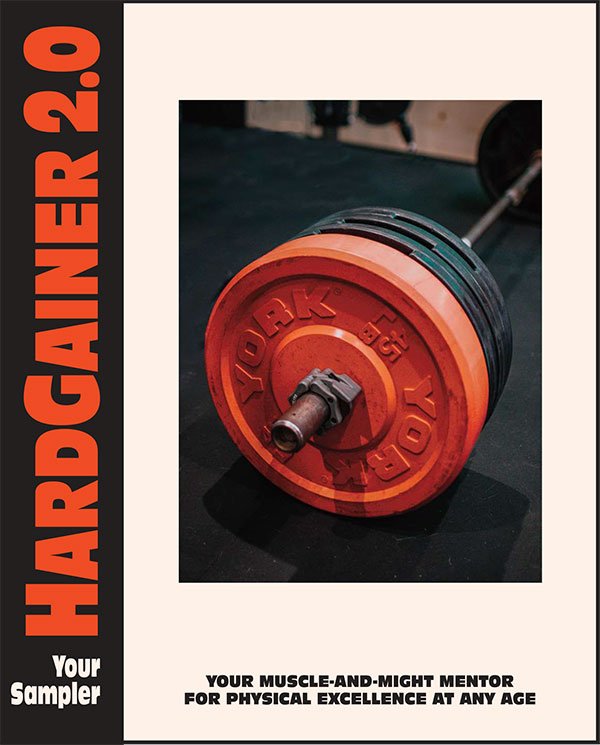Im a little confused about power and muscular strength training, when i trained with wing tsun kung fu (7 1/2 yrs) we were always told muscle slowed you down and so we never did any strength training in classes and i found that because of this i lost conditioning, my body went catabolic, we were told if you have bicep muscle this is associated with tension in the arm and so would not enable you to punch as fast and as powerfully as you would if you had more tricep then bicep muscle.
Since training to be a personal trainer ive found out muscle is good for you depending what your aiming for be is muscular endurance, strength training or hypertertrophy.
Just confused as to why they would educate people this way i mean surely its better have good core stability and muscle strength then little or none and does muscle actually enhance power???
L.D
Since training to be a personal trainer ive found out muscle is good for you depending what your aiming for be is muscular endurance, strength training or hypertertrophy.
Just confused as to why they would educate people this way i mean surely its better have good core stability and muscle strength then little or none and does muscle actually enhance power???
L.D






Comment